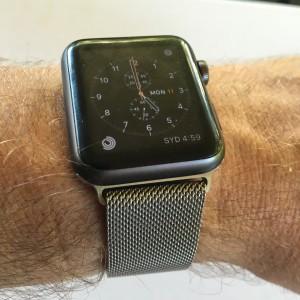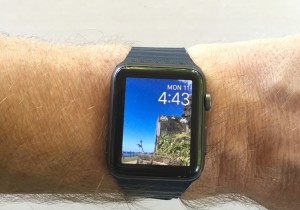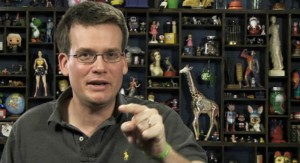
Photo : depositphotos.com
What diet is best for your health?
Low carb or high carb? Low fat or high fat? Low glycemic? Mediterranean? DASH? Palaeolithic? Vegan?
Dr. David Katz is from Yale University’s Prevention Research Centre.
Dr Katz knows the answer – and he is cranky.
In an article published in the Annual Review of Public Health , he and college Stephanie Mellor looked at all the international evidence to decide “Can We Say What Diet Is Best for Health?”
It is an important question.
Diet is established among the most important influences on health in modern societies. Injudicious diet figures among the leading causes of premature death and chronic disease. Optimal eating is associated with increased life expectancy, dramatic reduction in lifetime risk of all chronic disease,and amelioration of gene expression.
This means that by eating well we can improve the negative factors we have inherited from our parents, including our risk of some cancers. Our fate is not written in our genes.
And why is Dr Katz cranky?
“I really at times feel like crying, when I think about that we’re paying for ignorance with human lives,” he told the Atlantic.
The evidence is clear. “A diet of minimally processed foods close to nature, predominantly plants, is decisively associated with health promotion and disease prevention”.
Yet that message is obscured by competing claims of one specific diet over another. These claims are exaggerated and are not supported by evidence, particularly when they are attached to commercial interests. They distract fromthe real effort needed to improve public health. Who can blame people for being confused about what they should eat?
Efforts to improve public health through diet are forestalled not for want of knowledge about the optimal feeding of Homo sapiens but for distractions associated with exaggerated claims, and our failure to convert what we reliably know into what we routinely do. Knowledge in this case is not, as of yet, power; would that it were so.
“I think Bertrand Russell nailed it,” Katz told the Atlantic, “when he said that the whole problem with the world is that fools and fanatics are so sure, and wise people always have doubts.”
Really, everyone knows which foods are healthy and which aren’t. If you focus on real food, close to nature, nutrients tend to take care of themselves. Focusing on a single nutrient or limiting food groups is damaging.
Diet is crucial to better health outcomes. The science says that the best diet is ‘real food’ as delivered to us by nature.
Eat real food, mostly plants, and not too much (*)
It is common sense. The problem may be that is hard to make a quid out of promoting this.
What I Learnt On 19th January in other years
Add a comment
 Neuwagen Nervosa – The (not entirely) irrational fear that your brand new car will be damaged.
Neuwagen Nervosa – The (not entirely) irrational fear that your brand new car will be damaged.






 You should hang out with toads if you want to avoid warts
You should hang out with toads if you want to avoid warts
 RSS - Posts
RSS - Posts

